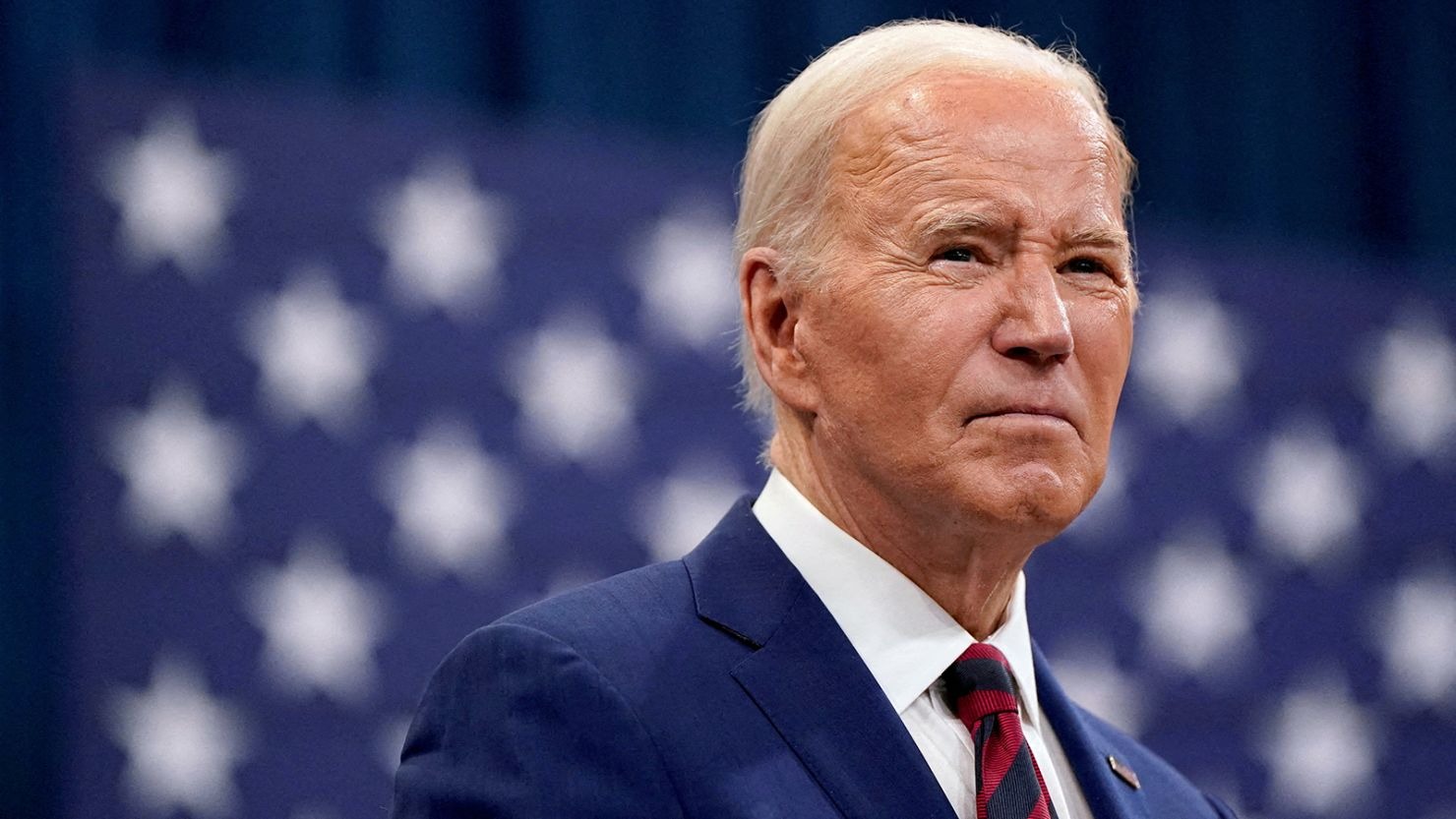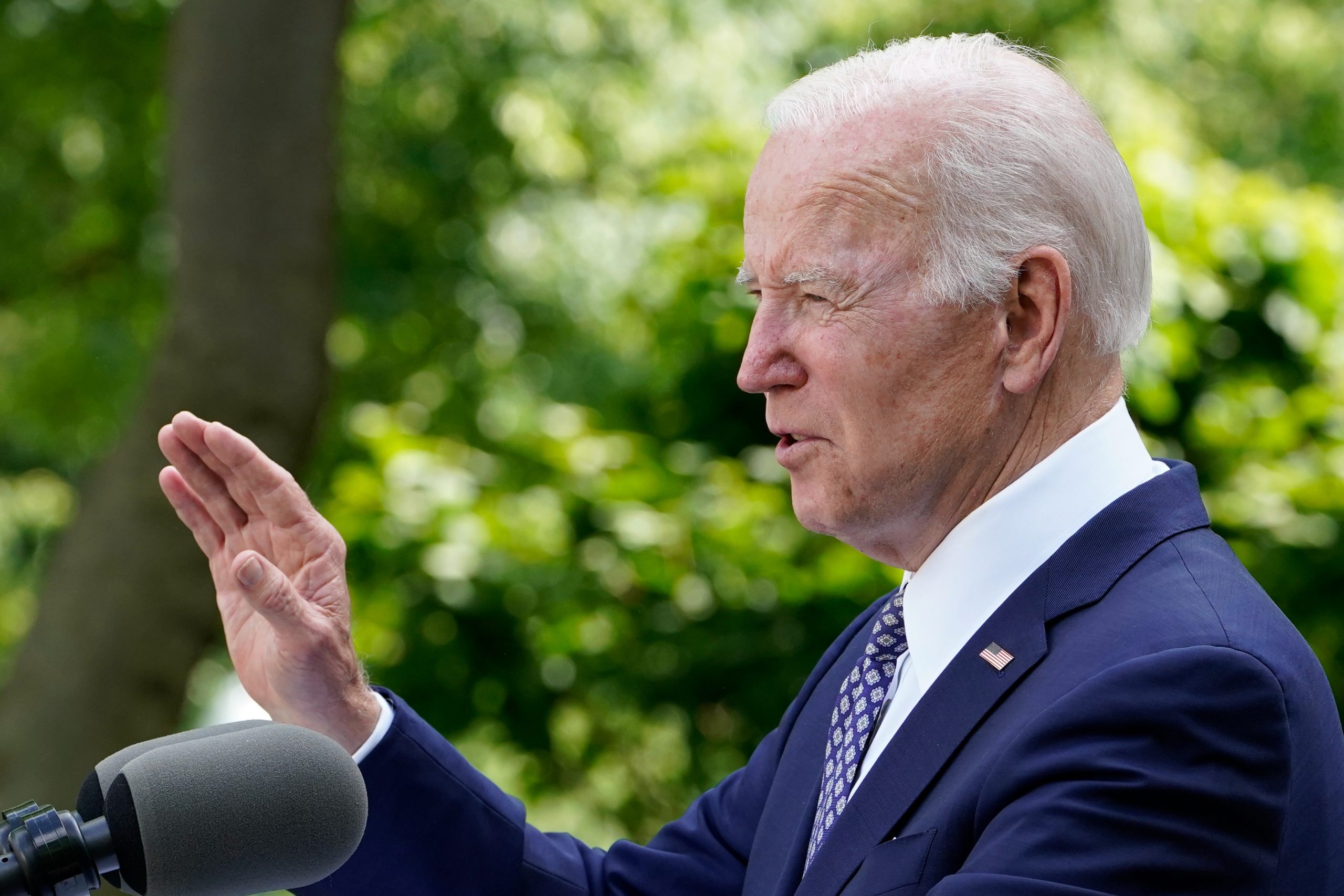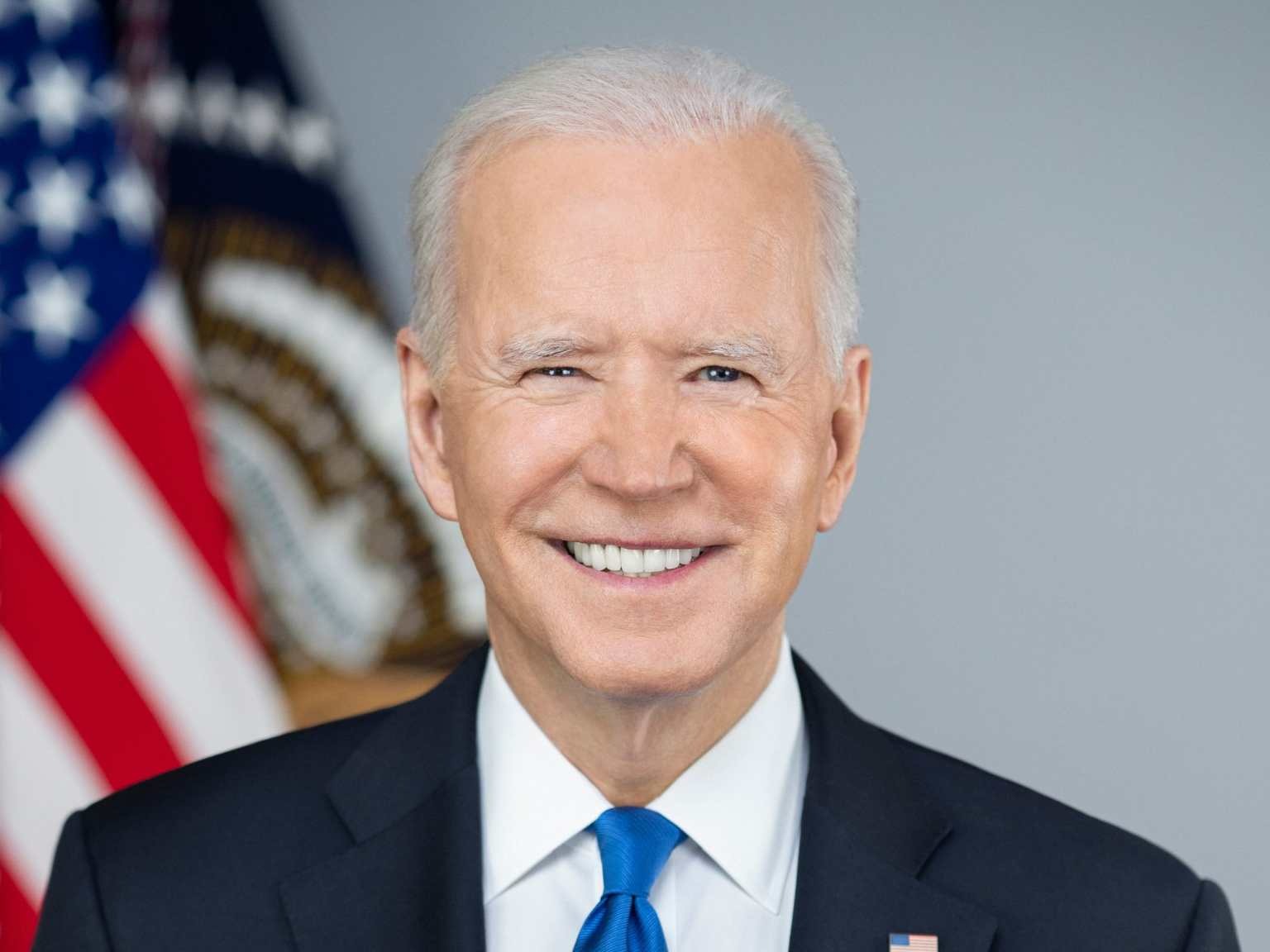President Joe Biden‘s recent threat to reassess US policy on the Gaza conflict could influence Arab voters in Michigan, a critical swing state, potentially affecting his reelection efforts.
However, the reaction of Gulf Arab states might have broader implications. These nations are closely observing the US’s stance, keen on understanding whether America will support Israel, a longstanding ally, in its fight against Hamas, a group aligned with Iran, the region’s primary antagonist.

The Arab voters and progressives Biden aims to appease may desire a ceasefire, allowing Hamas to regroup. Yet, leaders in Saudi Arabia, the UAE, and Bahrain likely prefer a different outcome, given their opposition to Iran and its proxies.
This conflict isn’t just a local skirmish but part of a battle between the Middle East’s moderate and radical camps. A perceived weakening of Israel due to perceived US restrictions could embolden Iran’s ambitions, posing a risk not only to Israel but also to these moderate Arab states.
This situation echoes the tension during the Obama administration over the Iran nuclear deal. Israel stood firm against US pressures, a stance that paradoxically enhanced its reliability as an independent force in the eyes of Gulf Arab states. This led to deeper, albeit covert, cooperation, eventually culminating in the Abraham Accords.

The Gulf states are now watching to see if the US will abandon Israel besides its existential threat. This concern is not just about regional security but also about the reliability of the US as an ally.
While Biden’s approach might cater to domestic political considerations, including appeasing specific voter demographics, it risks alienating key Middle Eastern allies who view the battle against Hamas through a prism of regional stability and the threat posed by Iran.
